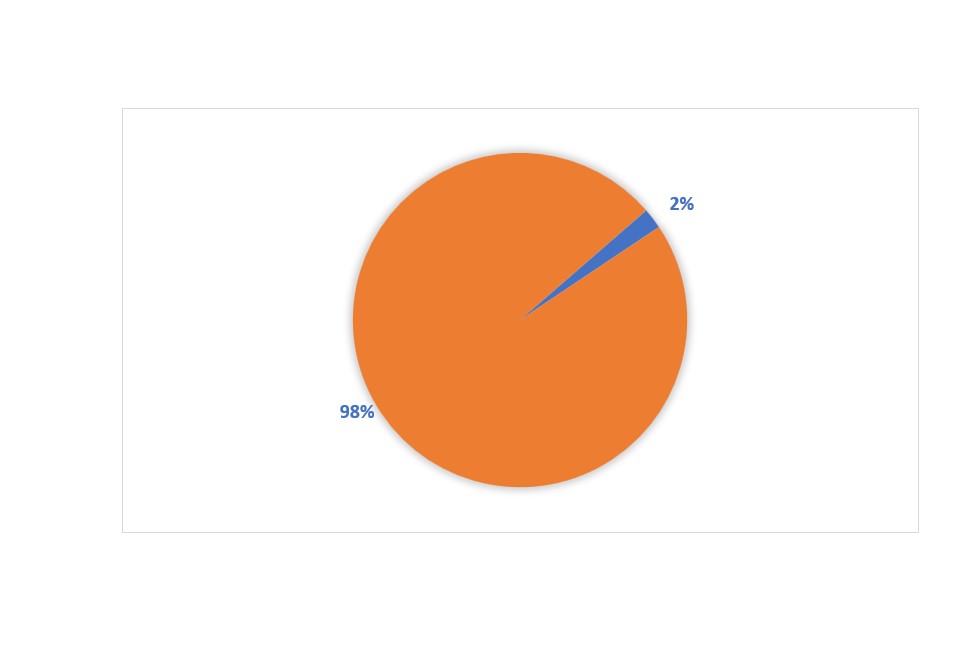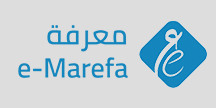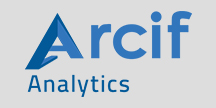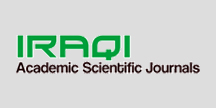The Hegemony of English Loanwords Over Kurdish Language on Facebook
DOI:
https://doi.org/10.21271/zjhs.27.SpB.30Keywords:
Hegemony, loanwords, Facebook, Cultural borrowings, Core borrowingsAbstract
The global rise of the internet after the 2000s, as well as the rise of American influence in Iraq and Kurdistan, strengthened English's hegemony over all other Iraqi languages, including Kurdish. In fact, many Arabic and even Kurdish expressions are now being replaced by English ones. This study aims to identify loanwords used in selected Facebook groups, as well as instances that characterize English language hegemony in Kurdish social media. It also aims to discover the types of loanwords that are more commonly used in social media in relation to Myers-Scotten's Model. And then, relate all of this to the social class, age, or gender that uses loanwords the most on Facebook. On this basis, the researchers selected 2,776 Facebook posts and comments from two Facebook groups of teachers between January 1st 2022 and December 31st 2022 and by using discourse analysis the English loanwords were analyzed. The study's key findings were that, of the two types of loanwords, core borrowings were used more frequently, indicating the presence of the English language's hegemony. Additionally, male teachers in both groups used more English loanwords than female teachers did, whereas other social variables like social class and age showed less variation.
References
-Abdulla, I. A., 2015. Kurdish-English Code-Switching in Facebook. Zanko, 19(6), pp. 161-176.
-AL-Basir, K. H., 1979. Zaraway Kurdi: lekolinawa w halsangandn. Slemani: Zankoy Slemani.
-Anon., 2023. Facebook Users by Country 2023. [Online]
Available at: https://worldpopulationreview.com/country-rankings/facebook-users-by-country [Accessed 21 January 2023].
-Bakir, S. N., 2022. Education and Nationbuilding: education from a critical lens 1992-2021. Erbil: unpublished.
-Buriro, G. A., Buriro, W. M., Kadri, S. & Memon, F. B., 2013. Analyzing linguistic hegemony: Attitudes of functional Native kearners towards English. The Government: Research Journal of Political Science, 16(1), pp. 15-35.
-Caers, R. et al., 2013. Facebook: A literature review. New Media & Society, 15(6), pp. 982-1002.
-Crystal, D., 2006. Language and the internet. 2nd ed. Cambridge: Cambridge University Press.
-Crystal, D., 2011. Internet linguistics. Oxen: Routledge.
-Fontana, B., 1993. Hegemony and Power: On the Relation between Gramsci and Machiavelli. Minneapolis: University of Minnesota Press.
-Fromkin, V., Rodman, R. & Hyams, N., 2011. An introduction to language. 9th ed. Boston: Wadsworth.
-Gramsci, A., 1999. Selections From the Prison Notebooks of Antonio Gramsci, London: s.n.
-Guy, R., 2019. Mediated Communication #1: Introduction to Mediated Communication, s.l.: YouTube.
-Haspelmath, M. & Tadmor, U., 2009. Loanwords in the world's languages a comparative handbook. Berlin: De Gruuter Mouton.
-Haugen, E., 1950. the analysis of linguistic borrowing. Language, 26(2), pp. 210 - 231.
-Heine, B. & Kuteva, T., 2005. Language contact and grammatical change. Cambridge: Cambridge University Press.
-Heller, M. & McElhinny, B. S., 2017. Language Capitalism Colonialism : Toward a Critical History. North York Ontario Canada: University of Toronto.
-Hock, H. H. & Joseph, B. D., 2009. Language History, language change, and language relationship: An introductionto historical and comparative linguistics. 2nd ed. Berlin: Mouton de Gruyter.
-Houssay-Holzschuch, M., 2020. Hegemony. In: International Encyclopedia of Human Geography. Amsterdam: Elsevier, pp. 357-362.
-Kuiper, K. & Allan, W. S., 2017. An introduction to English language : word, sound and sentence. 4th ed. London: Palgrave.
-Myers-Scotton, C., 2006. Multiple Voices: An Introduction to Bilingualism. Oxford: Blackwell.
-Phillipson, R., 1992. Linguistic Imperialism. Oxford: Oxford University Press.
-Phillipson, R., 1999b. International Languages and International Human Rights. In: M. Kontra, R. Phillipson, T. Skutnabb-¬Kangas & T. Várady, eds. Language: a right and a resource. New York: Central European University Press, pp. 25-46.
-Rendon, J. A. G., 2008. Typological and social constraints on language contact. Utrecht: LOT.
-Sabir, P. H. S., 2013. increasing the use of English loan words in the performance of Kurds in political programmes at visual media. Zankoy Slemani, B(39), pp. 333 - 353.
-Sedeeq, D. A., 2017. 'Diachronic study of English Loan words in the Central Kurdish dialect in media political discourse'. PhD thesis ed. Leicester: the University of Leicester.
-Sidiq, F. O., 2020. Qarzi wshe. 1st ed. Slemani: Chwar chra.
-Staticta, 2022. Most popular social networks worldwide as of January 2021, ranked by number of active users.. [Online]
Available at: https://www.statista.com/statistics/272014/global-social-networks-ranked-by-number-of-users/
[Accessed 9 November 2022].
-Suarez, D., 2002. The Paradox of Linguistic Hegemony and the Maintenance of Spanish as a Heritage Language in the United States. Journal of Multilingual and Multicultural Development, 23(6), pp. 512-530.
-Sztencel, M., 2009. Boundaries Crossed: The Influence of English on Modern Polish. E-pistemy, 2, 2(1), pp. 3-17. Downloaded from: http://ray.yorksj.ac.uk/id/eprint/1044/
-Trask, L., 2000. The dictionary of historical and comparative linguistics. Berkeley: Universisty of California Press.
-Troike, R. C., 1986. Troike, R. 1986. The Center for Applied Linguistics, 1972-1977.. In: J. Fishman, ed. The Fergusonian Impact. Berlin: De Gruyter Mouton, pp. 537-546.
-Vélez-Ibáñez, C. G., 2017. Hegemonies of language and their discontents: The Southwest North American Region since 1540. Tucson, AZ: University of Arizona Press.
-Walther, J. B. & Burgoon, J. K., 1992. Relational communication in Computer-mediated interaction. Human Communication Research, 19(1), pp. 50-88.

Downloads
Published
How to Cite
Issue
Section
License
Copyright (c) 2023 Ibrahim Khalil Awlla, Ismail Abdulrahman Abdulla

This work is licensed under a Creative Commons Attribution-NonCommercial-ShareAlike 4.0 International License.
Except where otherwise noted, content on this site is licenced
under a Creative Commons Attribution License 4.0 (CC BY- 4.0)









